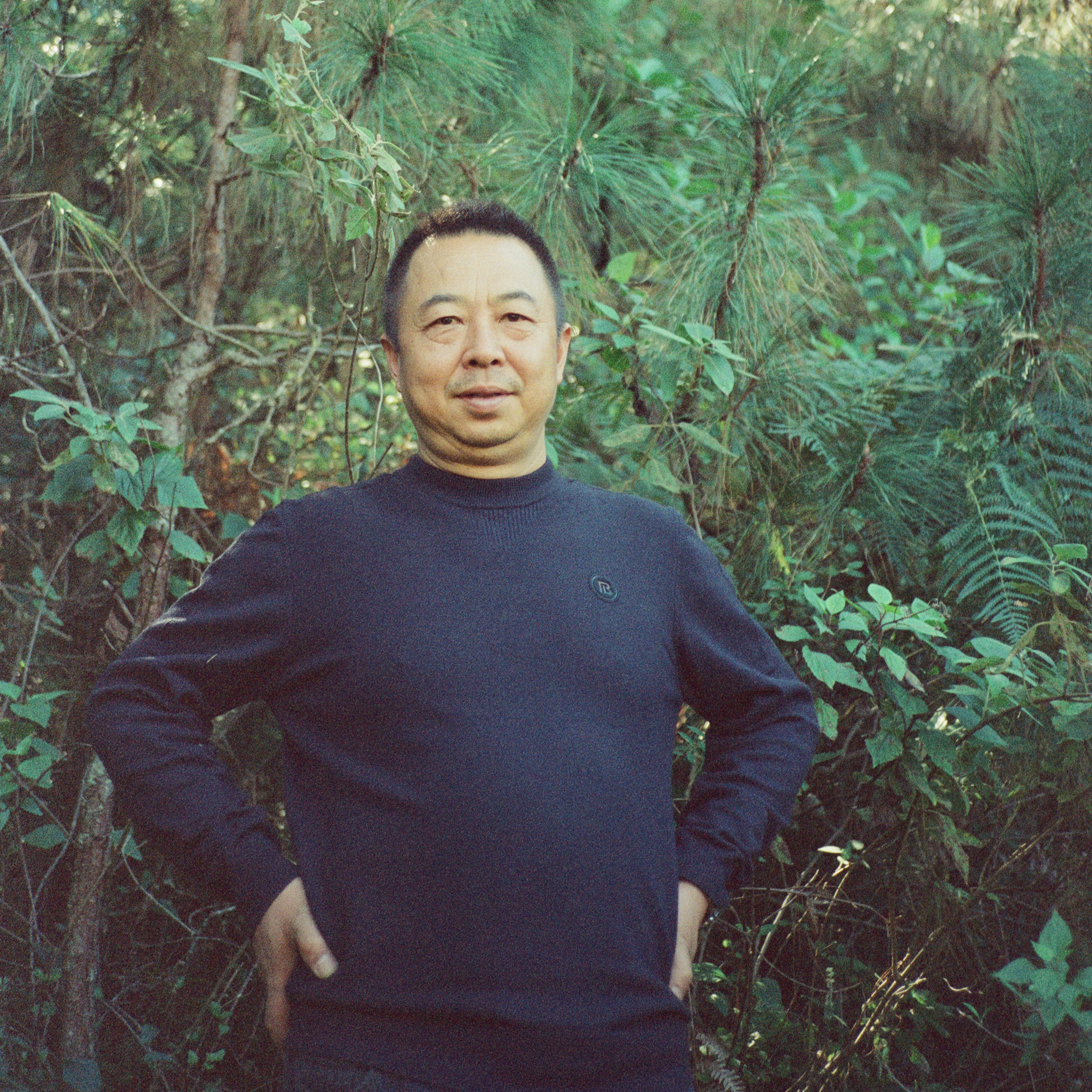Additional information
| Weight | N/A |
|---|---|
| Size | 50g, 100g, 200g, 300g |
From 493.00 UAH
| Weight | N/A |
|---|---|
| Size | 50g, 100g, 200g, 300g |
The Mu farming family has lived for many generations on the banks of the mountain river Hong He (Red River), at the border between Ailao Shan Mountain and the Wulliang Shan ranges. They are vibrant representatives of the Yi Zu ethnic minority, preserving their unique culture from ancient times. They are also known for their tradition of transplanting wild tea bushes into their own gardens near the village, allowing them to harvest the spring crop close to home.
Wild tea in Yunnan, unlike cultivated tea, usually belongs to the Camellia taliensis variety, while cultivated tea corresponds to Camellia sinensis. In the early 1970s, the father of the current head of the Mu family began planting the first wild seedlings of this tea. He took them from a forest located slightly upstream along the river, where locals had always gathered wild tea considered the best in the area. Over several years, Mr. Mu’s father managed to transplant several hundred seedlings of this tea into his garden. They took well and eventually started producing extraordinarily high-quality harvests. This tea material is the one Master Yuan particularly loves to work with.
Using unique raw materials and years of experience, the master produced a tea with a pronounced “wild” flavor that imparts a deep and warming Cha Qi.
The aroma of the warmed leaves includes baked apples, chestnut, honey, and dry oak. The flavor reveals a sweetness of umami, mango, and pear combined with the astringency of kumquat, grapefruit, and fresh pomegranate juice.
This tea successfully combines many flavors from different directions; it is strong, complex, and full-bodied.
From the very first cup, you can feel unusual Cha Qi — a sense of detachment, calm, and focus, accompanied by a joyful desire to move forward.
This tea can become the pride of any collection. Every encounter with it feels like an intriguing journey along the banks of a river colored by the red earth of Yunnan.

By infusions, water temperature 95-100°C
Proportion: 1 gram of tea / 20 ml of water